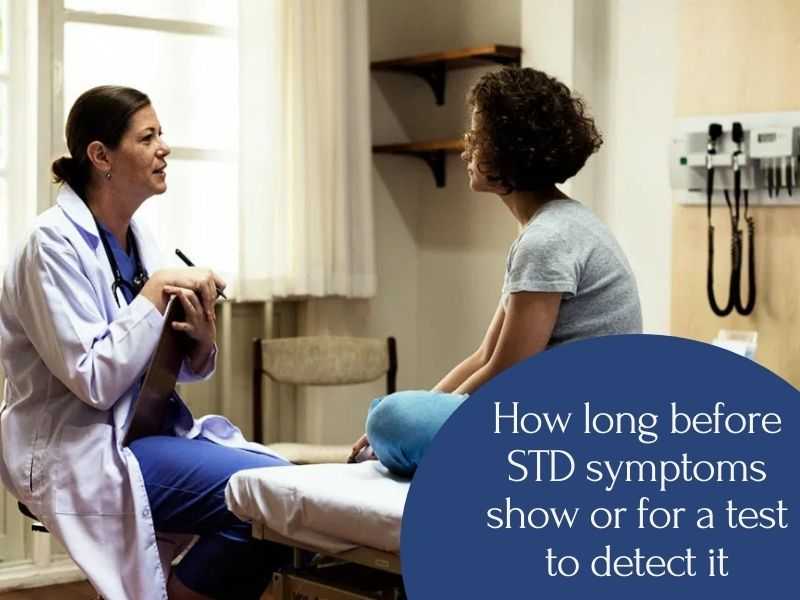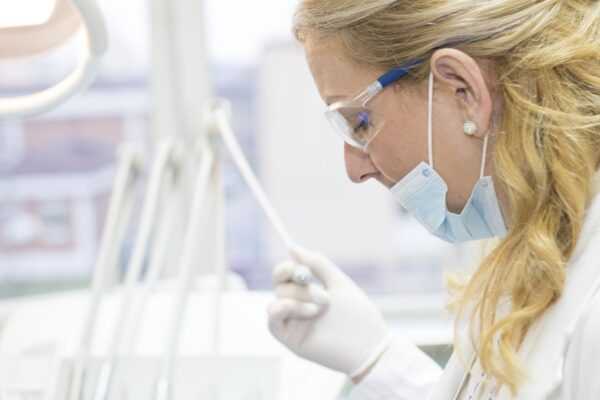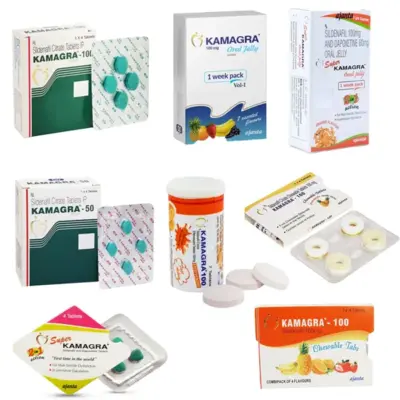How Long Before STD Symptoms Show or for a test to detect it

STD Symptoms
For anyone sexually active, knowing about STDs is beneficial to the health and general wellbeing.
If you recently exposed yourself to any STD by having sex without a protective barrier like a condom, you may begin to have concerns and ask any of the following questions.
- How long will it take for an STD test to detect the STD?
- How long before I begin to notice the symptoms?
If you have any of these questions, read on to know more about the incubation time of prevalent STDs, the benefits of diagnosing and treating an STD early, and the recommendation for both testing and retesting.
Table of Contents
The incubation period for STDs
After you expose yourself to an STD, your body will take some time to recognise and make antibodies to combat the disease. During this period, no symptoms occur, and this is known as the period of incubation.
Testing for STDs during the incubation period may likely give a negative result even when you have contracted the disease. Sometimes, after the incubation period, the STD still take several years or months for its symptoms to show.
Most available STD tests check for antibodies and not symptoms. Having symptoms of an STD is not a reliable infection marker, so you need to visit an STI testing clinic to check for the STD if you notice any sign or think you have contracted an STD.
When is the time to test for STDs?
Different STDs have their specific incubation periods. When you contract some STDs, your body may produce antibodies and show symptoms of the disease after a couple of days. Other STDs may have incubation periods that last for weeks and even extend into months before symptoms show.
The table gives the ranges of the incubation period of some prevalent STDs.
| STD | Incubation period |
| Trichomoniasis | 5 – 28 days |
| Chlamydia | 7 – 21 days |
| Syphilis | 3 weeks – 20 years (this depend on the type contracted) |
| Genital herpes | 2 – 12 days |
| Oral herpes | 2 – 12 days |
| Hepatitis A | 15 – 50 days |
| Gonorrhoea | 1 – 14 days |
| HPV | 1 month – 10 years (depending on the type contracted) |
| Hepatitis B | 8 – 22 days |
| HIV | 2 – 4 weeks |
| Hepatitis C | 2 – 26 weeks |
Chart for STD testing
This table below gives more information on the STD incubation period and testing. It also includes the type of test suitable for the STD and recommendation for retesting.
Most of the STDs below are diagnosed using blood tests specific to the disease antibodies. Some of these STDs cause lesions, and the doctor can recommend a urine test, swab, or culture test for its diagnosis.
| STD | Cause of infection | Incubation of period | Type of test | Period for retesting after treatment |
| Chlamydia | Bacteria | 7 – 21days | Urine, blood or swab | 3 months |
| Gonorrhoea | Bacteria | 1 – 14 days | Urine, swab or blood | 3 months |
| Genital herpes | Virus | 2 – 12 days | Blood, culture or ulcer | None as the virus is a lifelong one |
| HIV | Virus | 2 – 4 weeks | Specific antigen/antibody blood test | None as the virus is a lifelong one |
| Oral herpes | Virus | 2 – 12 days | Blood, ulcer, culture | None as the virus is a lifelong one |
| Trichomoniasis | Parasite | 5 – 28 days | NAAT blood test | 2 weeks |
| Syphilis | Bacteria | 3 weeks – 20 years | Blood test | 4 weeks |
| Hepatitis A | Virus | 15 – 50 days | A specific antibody blood test | None because the virus is lifelong |
| Hepatitis B | Virus | 8 – 22 weeks | A specific antibody blood test | None, the virus is lifelong |
| Hepatitis C | Virus | 2 – 26 weeks | A specific antibody blood test | None, the virus is lifelong |
| HPV | Virus | 1 month – 10 years. This depends on the type contracted | Pap smear | None, the virus is lifelong. |
Generally, doctors recommend retesting for STD caused by bacteria, the same may not be said for viral STDs as most of them are lifelong diseases, and a blood test will always detect them after successful treatment. This makes retesting unnecessary except you want to confirm the diagnosis.
Can some STDs remain dormant and not be detected?
In a few cases, some STDs will not show symptoms, and in this case, the disease is asymptomatic, latent or dormant in the body. Dormant STDs may lead to late diagnosis, and this increases the risk of long-term complications.
STDs such as HSV (herpes simplex virus), hepatitis C, chlamydia, HIV, and syphilis have their latent periods. The only way to ensure that a latent STD is diagnosed and treated is to carry out regularSTD testing near you. Doctors and other healthcare providers recommend that sexually active persons should test, especially those with multiple or new sexual partners test for STDs, especially gonorrhoea and chlamydia at least once every year. Those who have unprotected sex should also test for STD regularly.
Benefits of detecting STDs early
If you exposed yourself to an STD or you think you have contracted one, endeavour to avoid having sex until you have received the right treatment. Early detection of STDs helps prevent their transmission, and it also helps save your life and that of others.
Untreated STD may lead to any of the following.
- Cervical cancer resulting from untreated HPV infections in women
- Damage of viral organs, paralysis, and dementia arising from syphilis
- Infertility and pelvic inflammatory disease resulting from gonorrhoea and chlamydia
- Birth-related and pregnancy risks resulting from bacterial STDs, hepatitis B, and HIV
Your sexual health should be your priority, and you should guard your health because not everyone will readily disclose if they have an STD. Always ask questions about a new partner’s sexual history and request that the person gets screened for STDs. Try to engage in honest and open discussions about STDs with your sexual partners.
Takeaway
Early diagnosing of an STD will help you receive the right treatment before any health complication. If you think you are ar risk of coming down with an STD, ensure you visit an STD Clinic in London to get tested. However, carrying out the test too early will not give you the right result, so you need to know the incubation period of most of the prevalent STDs.
If you are positive for any viral, parasitic, or bacterial STD, receiving treatment on time will help you reduce the risk of other severe health complications.
You can contact our STI Clinic London now on 020 7183 0649 to book an appointment for your STD test and treatment to prevent further health issues.




